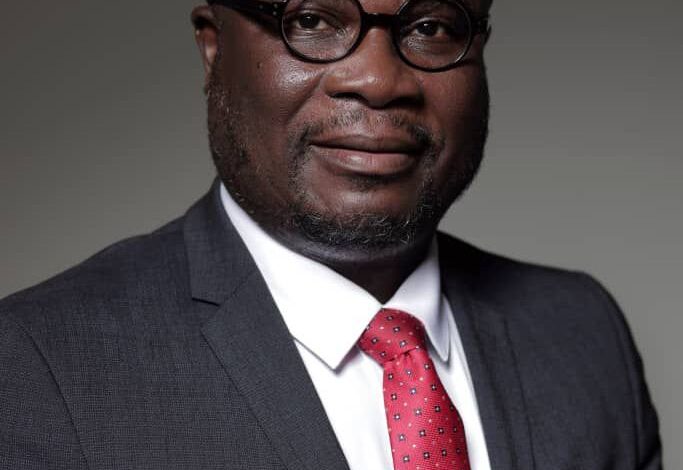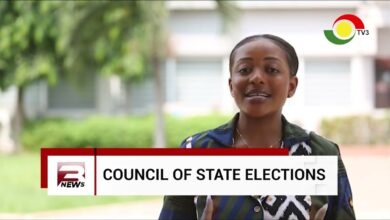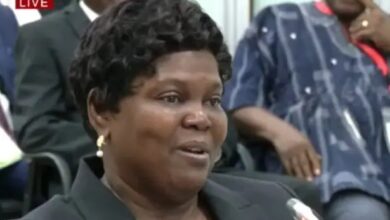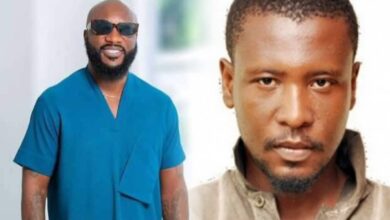Ghana Needs a Builder-In-Chief

“Ideas are the seeds. Implementation is the harvest. Ghana needs a farmer, not just a philosopher.”
A strategy is only as powerful as its execution. The world is full of dreamers, people who speak eloquently, craft beautiful manifestos, or make grand promises that never leave the comfort of campaign podiums or policy whiteboards. Ideas, without action, remain nothing more than ink on paper, sterile, dormant, and irrelevant to the lives of real people.
Ghana, after decades of alternating leaderships, is now faced with a defining moment. The country does not lack ideas. It lacks implementers. It lacks visionaries who can take those ideas and drag them through the mud of reality to make them work, even when it’s hard.
Ken Ohene Agyapong is a rare breed, one who does not just talk, but acts. One who does not just plan, but delivers. He is a practical man, a builder in the literal and figurative sense. From the studios of Oman FM to the corridors of Parliament, from the silent villages of the Central Region to the towering facilities of his businesses, Ken has shown a lifelong devotion to turning vision into verifiable results.
This is not a man intoxicated by rhetoric. He speaks plainly. He speaks powerfully. But more importantly, he executes. Every speech is followed by action. Every promise has a blueprint. Every plan has a foundation being laid.
When Ken speaks of agro-processing, he has already invested in farmers. When he speaks of industrialization, he is referencing factories he’s visited, invested in, or built. When he proposes tourism reform, he envisions the boats, hotels, and the young Ghanaians they will employ, not just because it sounds good, but because he is already drafting timelines and searching for financing.
Ghana needs a President who is not hypnotized by big words and buzzwords, but one who wakes up early to check the worksite, demand progress, and pay workers on time. Ken Agyapong’s story is a rebellion against the leadership class that romanticizes vision but runs away from responsibility.
He understands that the youth on motorbikes the okada riders don’t need white papers. They need jobs. The street hawkers don’t need theories. They need tools. The single mother running a roadside waakye joint does not need a think tank. She needs a government that will provide electricity, clean water, and an enabling market for her survival.
This is the essence of Ken’s political offering: a promise not of grand theories but of grounded realities. It is not the glamour of presidential power that attracts him, but the responsibility to change lives and fix systems. In his hands, Ghana’s transformation won’t be another buzzword for the newsroom. It will be asphalt roads. It will be factories. It will be cocoa exported with value. It will be young people hired not for party loyalty, but for productivity.
If Ghana ever needed a talker, it has had many. If Ghana now needs a doer, the name on the lips of the common man is Ken Ohene Agyapong.




